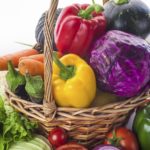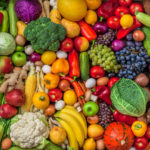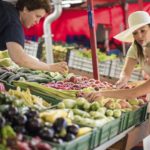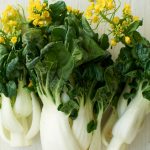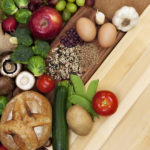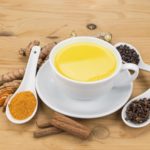Foods You Don't Have To Buy Organic: The Clean 15
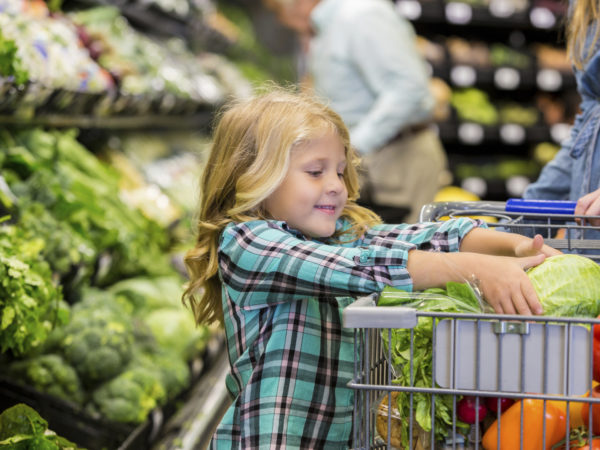
I am pleased to have an ongoing partnership with the Environmental Working Group (EWG), a nonprofit organization that advocates for policies that protect global and individual health. Specifically, I am honored to help EWG spread the word about one of its most valuable pieces of research – its Shopper’s Guide to Pesticides in Produce. The 2024 version is based on the results of ongoing pesticide tests performed on produce and collected by federal agencies.
Nearly all of the data used took into account how people typically wash and prepare produce – for example, apples were washed and bananas peeled before testing. Of the fruit and vegetable categories tested, the following “Clean 15” foods had the lowest pesticide load, and consequently are the safest conventionally grown crops to consume from the standpoint of pesticide contamination:
The Clean 15 (2024)
- Avocados
- Sweet corn*
- Pineapples
- Onions
- Papayas*
- Sweet peas (frozen)
- Asparagus
- Honeydew melons
- Kiwis
- Cabbage
- Watermelon
- Mushrooms
- Mangos
- Sweet Potatoes
- Carrots
* A small amount of sweet corn, papaya, and summer squash sold in the United States is produced from genetically modified seeds. Buy organic varieties of these crops if you want to avoid genetically modified produce.
Why should you care about pesticides in your fruits and vegetables? The EWG highlights that there is an increasing agreement among scientists that even small doses of pesticides and other chemicals can negatively impact health, particularly during critical stages like fetal development and childhood, and this can have long-term implications for healthy aging.
Here’s a video in which I address the importance of avoiding pesticides.
To this list, I would add one caveat: When it comes to pesticide use, there is more to consider than just the residues that are ingested by the consumer. Although peeled foods such as mangoes, avocados, and kiwis may spare the consumer from significant pesticide exposure, large amounts of pesticides and herbicides may be used on the farms from which these originate, contaminating groundwater, promoting erosion, and otherwise damaging local ecosystems. To help promote the health of the planet as well as your health, it’s best to buy organic whenever possible, including when you are purchasing the foods listed above.
At the opposite end of the contamination spectrum, check out the list of Foods That You Should Always Buy Organic, also known as the “Dirty Dozen Plus.”
Source:
ewg.org/foodnews/clean_fifteen_list.php
Reviewed by Benjamin S. Gonzalez, M.D., May, 2016. Updated, March 2024.


